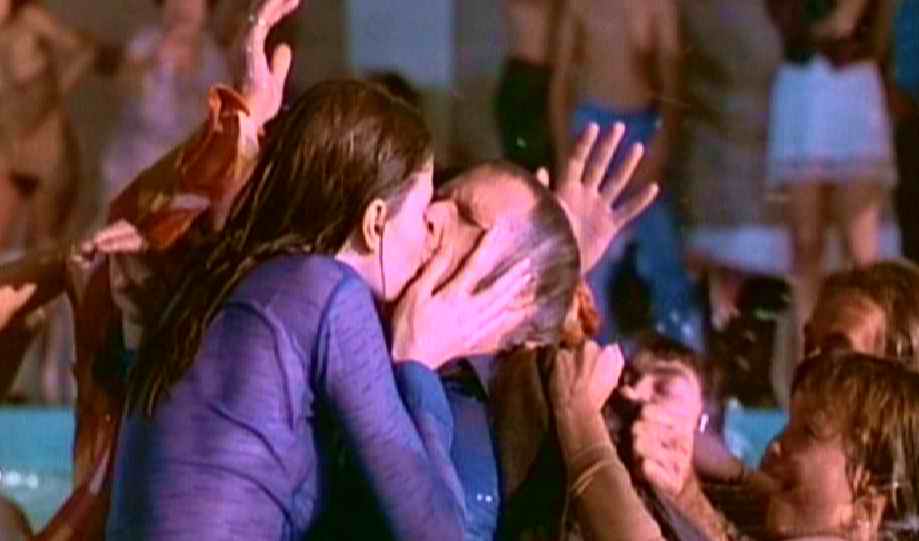Well, it looks like the dream is over. The Canadian government has just announced that if you want to make a film with Canadian government tax credits, you can't do anything that's considered offencive.
The ink wasn't even dry on the budget before Canada's (really Toronto's) cinematic elite were crying that dreaded word censorship.
Now while I find the rules considering
 what's offencive vague, and that's unsettling, they aren't forcing anyone to stop making films. The Canadian government just doesn't want to hand out tax credits to pay for another Canadian film that manages to make full-frontal nudity and explicit sexuality boring.
what's offencive vague, and that's unsettling, they aren't forcing anyone to stop making films. The Canadian government just doesn't want to hand out tax credits to pay for another Canadian film that manages to make full-frontal nudity and explicit sexuality boring.You see there's a little something that the folks in the Canadian film industry do not know.
It's what I call the "Piper Rule."
Basically, who pays the piper, calls the tune.
Which means that if you're going to depend on government bureaucrats to finance your film, bureaucrats are going to interfere with you.
No one has a right to free funding without any responsibility to the people with the money. And the people with the money have no responsibility to pay for something they don't want to see.
This is not a new argument. In the 1970s
 David Cronenberg made the film SHIVERS a tale of apartment dwellers turned into sex-mad loonies by mutant parasites with some cash from Canada's fledgling film funding agencies. It's, for then, graphic sex and violence caused a sensation among certain circles, with many calling for the cancellation of the whole film funding program.
David Cronenberg made the film SHIVERS a tale of apartment dwellers turned into sex-mad loonies by mutant parasites with some cash from Canada's fledgling film funding agencies. It's, for then, graphic sex and violence caused a sensation among certain circles, with many calling for the cancellation of the whole film funding program.The program wasn't cancelled, and because of the controversy, the film actually made money and Cronenberg was eventually able to finance his big breakthrough films using private tax-shelter money.
Now I don't care for any regulation of content, but the government aren't saying what can and can't be made, that would actually be censorship, just what they're going to pay for.
Of course that exposes a problem that lies at the heart of the Canadian film industry. English language Canadian films need governments to pay for them, because audiences won't.
The entire Canadian film industry is geared toward an elite group of film festivals and the elite cinema crowd that attends them. And they don't even make films that even they would like to see, but films that they think they should want to see. They think Canadian films are "challenging" or "button pushing" but are just repetitive and tedious exercises in what I call masturbatory cinema that are really made for no one.
So I have a radical suggestion for the Canadian film industry.
Make movies people want to see.
Quebec's French language industry knows that. They make movies that actually make money from audiences and can make the "art" films too. Hell, their entire system is a lean mean production machine that any industry, even Hollywood, can learn from.
Yep, if folks want to see them, you can get them into theatres, and you can actually make money. And once you have your own money, free of any meddling, you can make that musical about voyeurism and incest on the Prairie that you want to make in Toronto set to the mellifluous tones of German industrial music.
And if the government tries to ban you from theatres, then I'll raise the black flag and start kicking ass, but until then quit crying censorship.
But why do something productive, when whining is a national pastime?
























